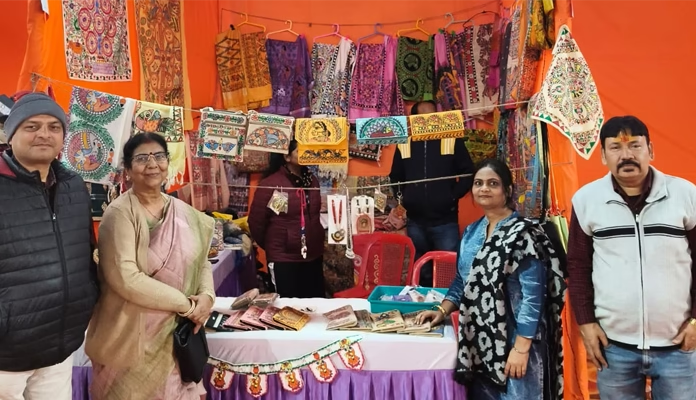
UN’s Big Blunder…?
New York: In a development that has triggered global disbelief and fierce backlash, Pakistan — a country repeatedly accused of harboring terrorists — is set to chair the United Nations Security Council’s Taliban Sanctions Committee in 2025. Dubbed by critics as the “global epicenter of terror,” Pakistan will also serve as vice-chair of the Council’s Counter-Terrorism Committee, deepening what many see as a stunning contradiction at the heart of global diplomacy.
The Fox Guarding the Henhouse?
This controversial appointment puts Islamabad at the helm of the 1988 Taliban Sanctions Committee, which is tasked with imposing travel bans, asset freezes, and arms embargoes on Taliban-linked entities threatening peace in Afghanistan. Joining Pakistan at the top will be Russia and Guyana as vice-chairs — another cause for geopolitical concern.
Meanwhile, in the UN’s powerful 1373 Counter-Terrorism Committee, Algeria will chair, while France, Russia, and Pakistan will serve as vice-chairs — placing Pakistan at the center of global counter-terrorism efforts despite its own murky record.
Pakistan’s Troubling Terror Footprint
The irony of Pakistan’s elevation is stark. For decades, Islamabad has been accused of providing sanctuary, funds, and operational support to extremist groups such as Lashkar-e-Taiba and Jaish-e-Mohammed, both of which have orchestrated deadly attacks across India and Afghanistan.
The most damning revelation came in 2011, when U.S. Navy SEALs found Osama bin Laden, the mastermind of 9/11, hiding in Abbottabad, just a stone’s throw from Pakistan’s military academy. That operation shattered any remaining illusions about Pakistan’s supposed innocence.
India’s Furious Response
India, a direct victim of Pakistan-sponsored terror, has lashed out at the UN decision. Citing Pakistan’s “state policy of supporting terror as a strategic tool,” Indian officials warned that the move could undermine the credibility of global counter-terror efforts. The situation escalated further after an April 2025 massacre in Pahalgam, where Pakistan-backed militants killed 26 civilians, prompting Operation Sindoor, a precision retaliation by India that reportedly eliminated nearly 100 terrorists in Pakistan and Pakistan-occupied Kashmir.
In response, India also suspended the Indus Waters Treaty and expelled Pakistani diplomats, signaling the lowest point in bilateral relations in recent years.
A Pattern of Proxy War
From the Kargil infiltration to the 26/11 Mumbai attacks, Pakistan’s history of deploying non-state actors for military and political leverage is well-documented. Experts argue that such groups operate under the shadow of Pakistan’s powerful military establishment in Rawalpindi, serving as strategic pawns without direct accountability.
Global Alarm Bells Ring
International watchdogs, including the Financial Action Task Force (FATF), have long placed Pakistan under scrutiny for terror financing and extremist group proliferation. Analysts now fear that entrusting Pakistan with leadership roles in counter-terror bodies could erode the United Nations’ legitimacy and embolden other state sponsors of terror.
A Dangerous Precedent?
As the world watches this diplomatic paradox unfold, one question dominates global discourse: Can a nation widely accused of nurturing terrorism be trusted to lead the fight against it?
In a world reeling from the consequences of extremism, Pakistan’s new seat at the head table of global counter-terrorism efforts is not just ironic — it’s alarming.




